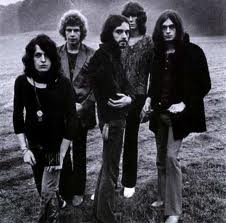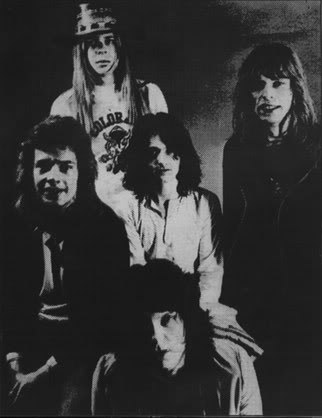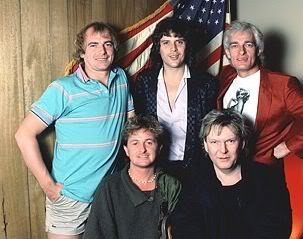
Yes is one of the music industry’s longest running soap operas. Yes started out as a covers band with an edge, they offered the world their off-the-wall versions of songs by The Beatles, The Byrds, Richie Havens, and Paul Simon. These, along with their own musically athletic compositions helped design the template for what we now consider the Progressive Rock genre.Steve Howe replaced free-radical guitarist Peter Banks and Rick Wakeman also signed on in 1971. These upgrades resulted in world stardom and classic rock hits that will live on in perpetuity.

Yes could have consolidated their gains and joined mega-bands (Led Zeppelin, Pink Floyd) into the Hall of Fame. However, at their 70’s commercial peak they went experimental and released two of their most difficult and adventurous albums. “Tales Of Topographic Oceans” and “Relayer” (respectively). Marquee member Rick Wakeman left in disgust and the franchise started to lose momentum. They remained a reliable concert draw but record sales declined significantly. Though their core audience remained, Yes were now unfashionable underdogs slugging it out in a Punk/New Wave world. 1977 saw Wakeman’s return and the LP “Going For The One” revived the band’s fortunes temporarily; but the crucial follow-up “Tormato” was a stinker that found the band tired, the formula tired and their fans frustrated. Founder and visionary Jon Anderson bailed and took super-star keyboardist Wakeman with him. All that remained was the Yes rhythm section and a sold out tour with the money already spent. Remaining members Steve Howe,Chris Squire and Alan White hastily assembled a line up by merging with the pop duo The Buggles and limped through one album and tour that met the band’s contractual obligations, but alienated half of their remaining fan base. Steve Howe and Geoff Downes left to form super-group ASIA and that, (apparently) was that.
AFTER (1982-20??)

Chris Squire and Alan White crawled from the smoking wreckage of Yes and tried forming a supergroup with Jimmy Page. That project (XYZ) never saw the light of day and things were looking bleak. Squire then stumbled upon some demos by South African rock star Trevor Rabin. Rabin was a young, guitar slinging hotshot with leading man looks and the ability to sing, write, play keyboards, produce and arrange. The band Cinema was born and when original Yeskeyboardist Tony Kaye was drafted into the group, corporate wheels started turning. Soon Jon Anderson started sniffing around to see what the hell his ex-band mates were up to. With Anderson signing on, the band was now 80 percent Yes alumni and there was no turning back. Rabin’s protests be damned, there was now a New Yes for the 1980’s with corporate juice fueling the vehicle.
CURRENTLY AVAILABLE FROM GONZO
| Union (Standard DVD) DVD - £9.99 |
| Union (2CD) 2CD - £7.99 |
| Rock Of The 70's DVD - £12.99 |
| The Lost Broadcasts DVD - £7.99 |


No comments:
Post a Comment